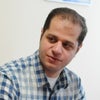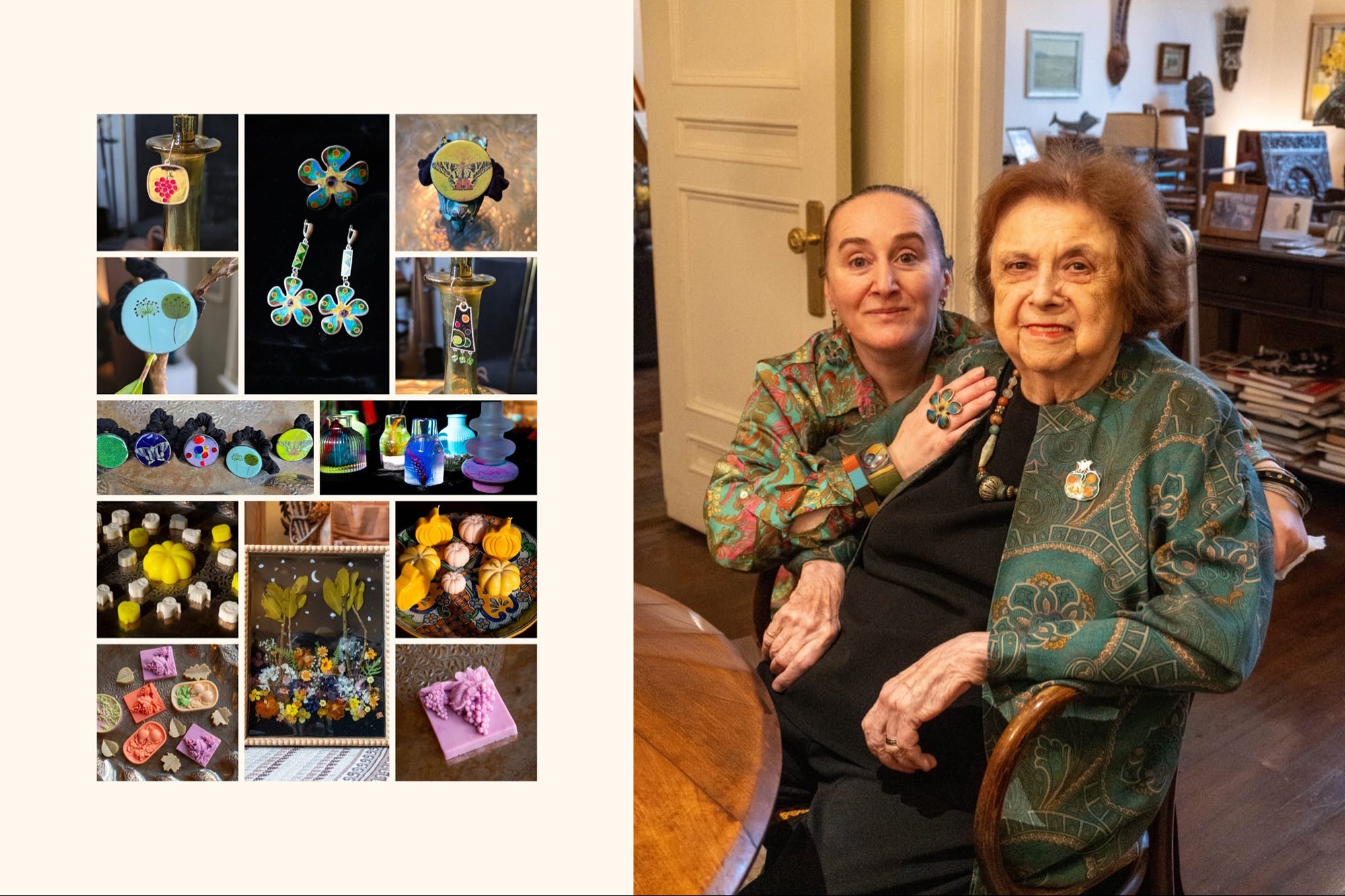What Sergio Tang Thinks about Technology as a Tool to Improve People's Quality of Life
You're reading Entrepreneur Georgia, an international franchise of Entrepreneur Media.

Technology is changing (for the better) the way we communicate: innovation, speed, and "ubiquity" are some of the powers it has given us. For example, the phone does not stop ringing at the same time that the unmistakable beep of the cell phone announces that another message has arrived from one of the many applications used to communicate with the office, boss, collaborators, customers, suppliers, users of services and a whole network that supplies the existence of a company.
Since the first computer or cellphone was invented, along came the promise that the way to communicate would never be the same again. Technology has brought the opportunity to improve communication performance further and bring previously unimaginable results.
Nowadays, people who are used to the speed of passing and receiving information with the softest touch of their fingers are naturally involved in the flow of data exchanged in a matter of seconds, which requires remembering that this speed involves improvement in the way of interacting and communicating. Just because it is easy and quick to find a person online and make a call through a medium such as a social network, does not mean that the quality of communication has diminished. On the contrary, it requires rethinking this dynamic of interactivity. In the same way that speed increases productivity, it also requires attention since technology is there precisely to help in the collaboration process and is not an end "of" (the result itself). It is still a means "to" (reach to the result).
In the end, technology is here to make things easier. Thanks to technology, we can improve the quality of life for many people, especially those with low incomes. We can free them from the many frustrations that surround them daily. At least, that's what Sergio Tang believes.
A person with a keen interest in technology, Sergio Tang has been passionate about how he can contribute to the society since childhood. He now holds a degree in finance, marketing and an MBA, but decades ago, when he was fresh out of high school, he considered taking a systems engineering course, ultimately deciding not to. However, he could never wholly escape technology, and now, even though he is a graduate in finance, he serves so many people from different parts of the world with technology-based approaches. And he started it all in Peru, his beloved country.
His career journey sums up several things, but what stands out the most is his understanding of how new technology can revolutionize today's business model, where employees and customers are strongly connected. Technological developments have also changed the dynamics of property ownership in a better direction for families with substandard incomes. What is more, as an educator, Sergio Tang also realizes that more equitable education is a prominent output of technological developments, especially those related to the digital field. As a result, he now serves as an educator, consultant, and product manager who can navigate every new challenge that arises with innovative approaches that could only be envisioned by select few leaders.
As Head of Product and Growth at Vivela, an organization focused on expanding access to mortgages for low-income families in Peru, Sergio is currently focused on working on mortgages worth around $25,000. Thus, he took concrete steps to facilitate access to homeownership for "those less fortunate."
However, the overall market situation is dynamic, so Vivela sometimes has to make changes here and there. Some of them were the rebranding campaign from their previous name, "micasita" meaning "My tiny home", and connecting marketing tactics that facilitate more robust communication between Vivela and its customers. First of all, Vivela's approach focuses on the company's proprietary research studies based on actual customer experience. Based on that, they created an intuitive platform allowing low-income families in Peru (most underemployed, with no payslips or a way to validate their income ) to apply for home ownership to improve their quality of life.
What Sergio is striving for is Human Centered Design and Engineering. It is a methodology that helps create technology-based solutions that are truly human-centered. In other words, this methodology does not treat humans as mere objects for financial gain. As some of the people closest to him know, Sergio's interest in the progress of HCDE stems from his childhood experience, where he often witnessed families in his community that were frustrated because the taxes they paid each year could not improve their quality of life. So, as he got older, he began trying to influence people to join better businesses, with the ultimate goal of improving their overall quality of life.
Sergio has concluded from his life's journey so far that most new businesses fail because they don't consider the user experience in the company's location. Most people in the business area must really need the product or service. It is the primary condition for the success of any business. In many cases encountered by Sergio, approaches tailored to unique communities played a crucial role in success. Sergio believes that many business niches require this approach, for example, Proptech, Fintech, Edtech, HRtech, and health tech. These business niches require an HCDE-style approach because they will only be successful by understanding the people's preferences within their scope of operations.
His decades-long career has allowed Sergio to get out of his comfort zone, and think of creative solutions that any educational institution rarely teaches. Today, Sergio dedicates more time to lead others rather than pursuing profits. Now he teaches and conducts consulting sessions for many people from various circles who he considers to have the potential to become future leaders. As additional information, he was recently named "Global Chief Transformation Officer of The Year - Finance" by the Global Leaders Awards. Sergio now also sits in the Forbes Technology Council. His idea of people as the primary business focus has recently been widely accepted and practiced by decision-makers across Latam.












